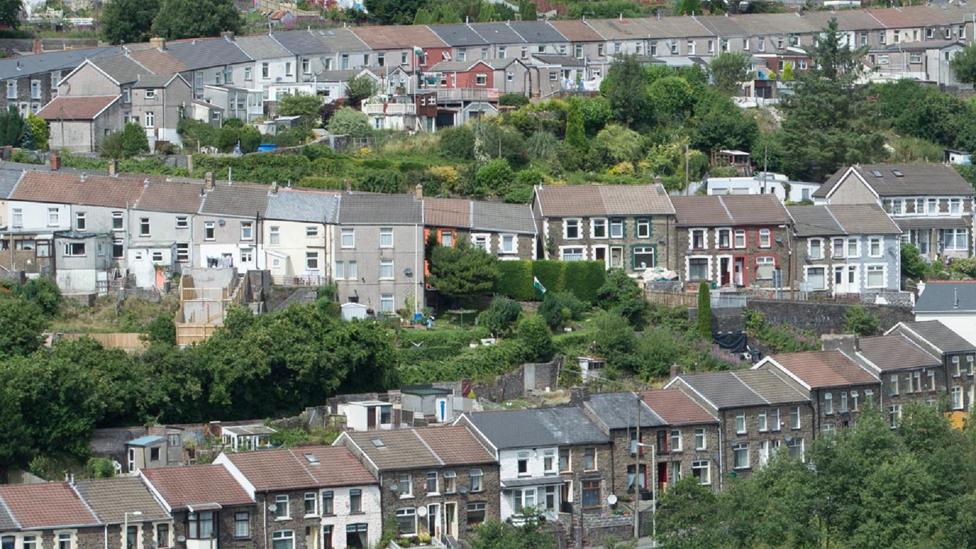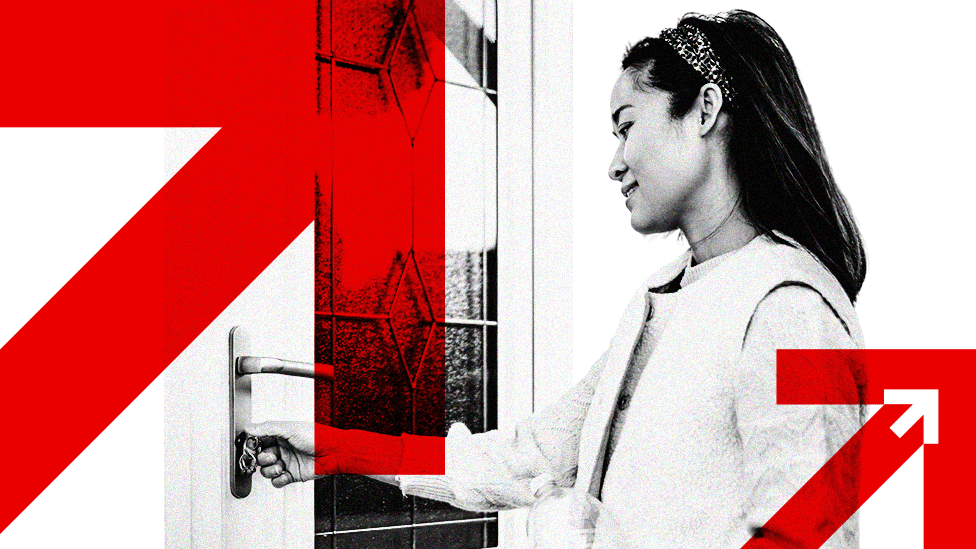Council tax: Should the number of Welsh councillors be cut?
- Published
Do you know how council tax is spent?
Council tax bills will soon be landing on doormats for the coming year, with all Welsh councils having set budgets.
Some face record council tax increases, which the body representing councils blames on soaring demand and inflation.
Residents throughout Wales will see hikes, with Ceredigion bills up 11.1% and Pembrokeshire by 12.5%.
The Welsh government said it recognised the "financial challenges" councils faced but it was "a result of decisions on investment by the UK government".
Jamie Adams, a former Pembrokeshire council leader, said radical changes were needed in local government and the number of councillors in his authority could be reduced by up to 50%.
Leighton Andrews, a former public services minister, called for the number of Welsh councils to be reduced from 22 to eight or nine in 2015, but the plans were shelved.
The last restructure in Welsh local government happened in 1995, when the current 22 local authorities were created.

Twenty-year-old Joey says thought about where council tax is spent is needed
Residents across Wales seem to be feeling the pain of council tax increases and some are now questioning value for money.
Joey Terry, 20, from Cardiff said: "We should really think about where the money is going towards."
Catherine Hider, 79, from Newport said: "It is disgusting - I think it is disgusting going up. It's a lot. We don't know what we're paying it for.
"The roads are disgusting and not just down [in] Cardiff, it's everywhere. It is terrible."
With residents in Mr Adams's county of Pembrokeshire facing a £167 annual increase in bills for the average Band D property, he said changes must be made to local government in Wales, calling it "unaffordable and unsustainable".
"It's still very historically based and probably hasn't had a revamp - the services we are providing are historically based, and are traditionally delivered.
"It's about time for that discussion," he said.
"It's also about the number of elected members. It's difficult, because I'm not sure we're going to get that message across to a Welsh government where they've voted to increase their membership by 60%.
"I would say we could reduce ours by 50% tomorrow."
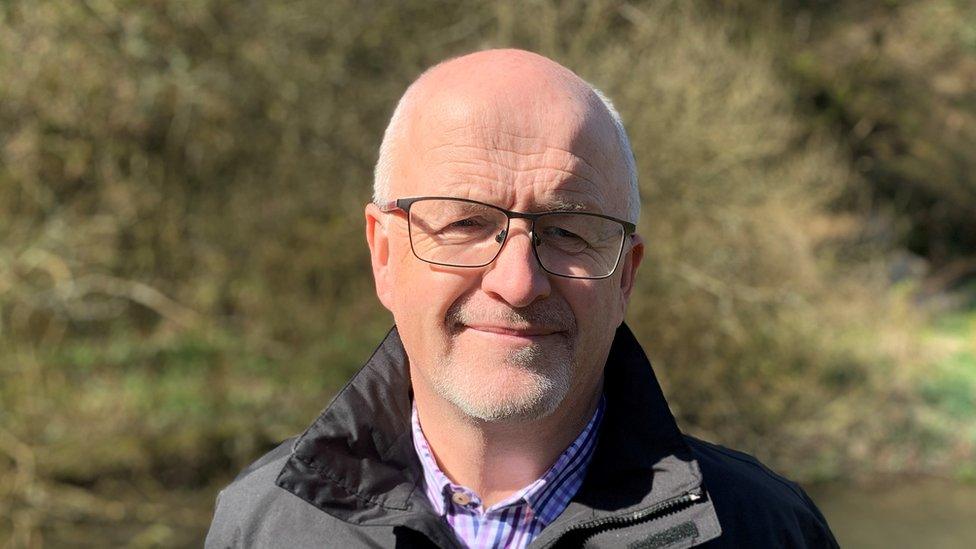
John Davies says Wales is "overrun by politicians"
John Davies, another former leader of Pembrokeshire council, said the current structure of local government "isn't sustainable" and the system of 22 local authority areas should be reconsidered.
"We are overrun by politicians in Wales which is becoming very obstructive in getting difficult decision done, and applied," he said.
"I think we need a clean slate. You do need an element of local accountability, but there is no need in 21st Century Wales that we need 22 local authorities and 25 planning authorities, serving less than three million people.
"We can't afford the current arrangement. I think we need a regional structure - possibly five or six at most."The Welsh Local Government Association, which represents Welsh councils, admitted "council budgets are being squeezed like never before" but the problems were down to greater pressure on services.
It said: "Soaring demand and inflation are the main factors impacting council budgets; residents' needs would still need to be met regardless of the local authority's footprint."
The Welsh government said: "We recognise the financial challenges local authorities across Wales are facing and the very difficult decisions they're having to make in these hard times.
"These pressures are felt equally by Welsh government and other public services in Wales and come as a result of decisions on investment by the UK government.
"Local authorities are carefully considering how to balance essential local services and the cost to their local residents, including by delivering services differently and working together regionally. We already have in place legislation to make it easier for local councils to work together or to apply to merge."
- Published22 March 2024
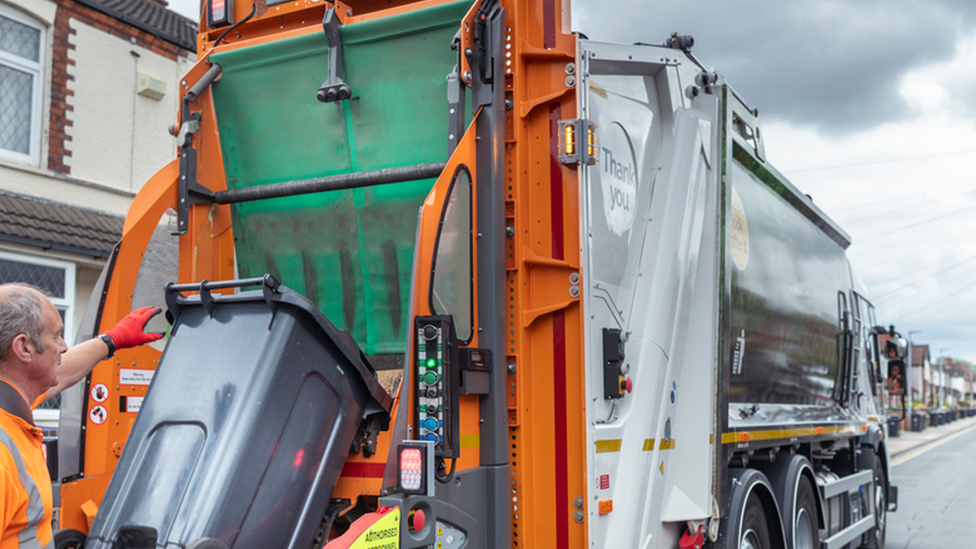
- Published7 March 2024
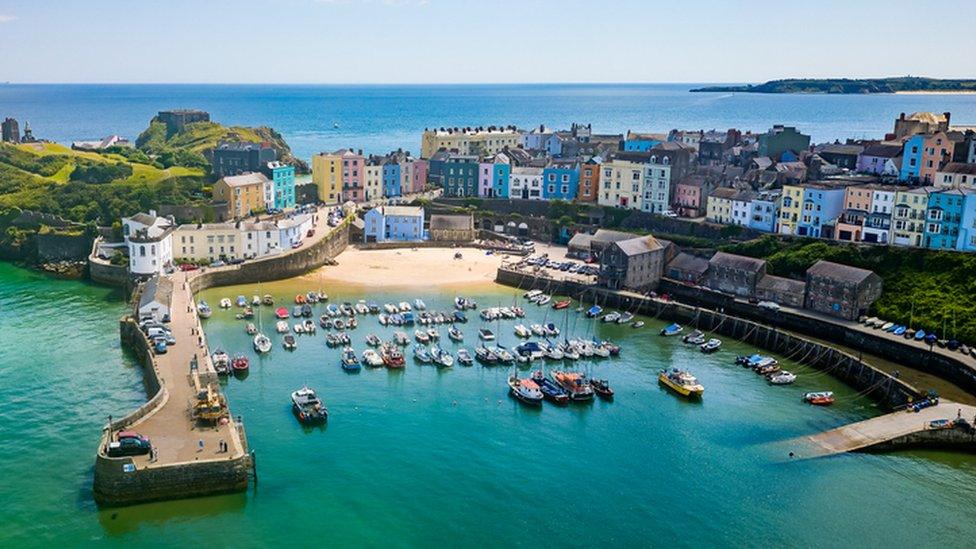
- Published5 March 2024
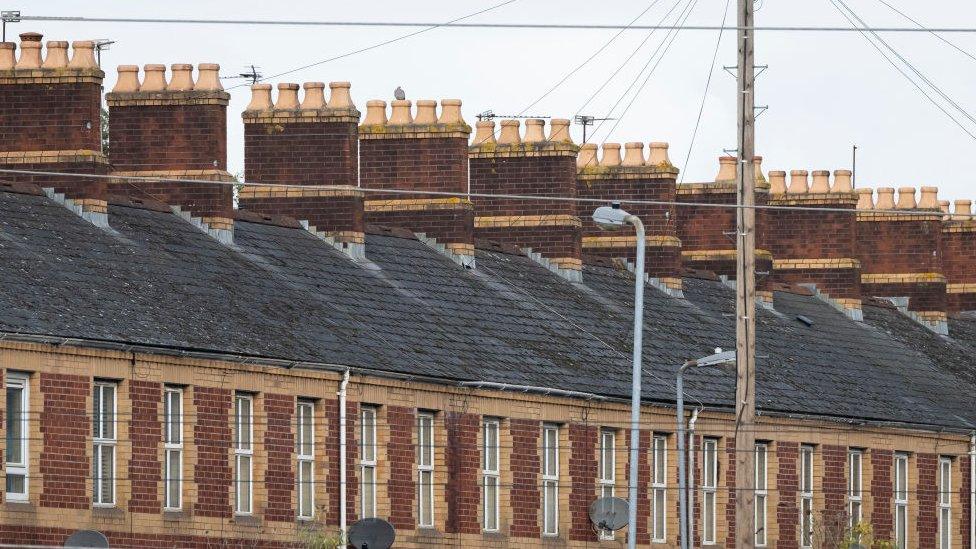
- Published24 January 2024
